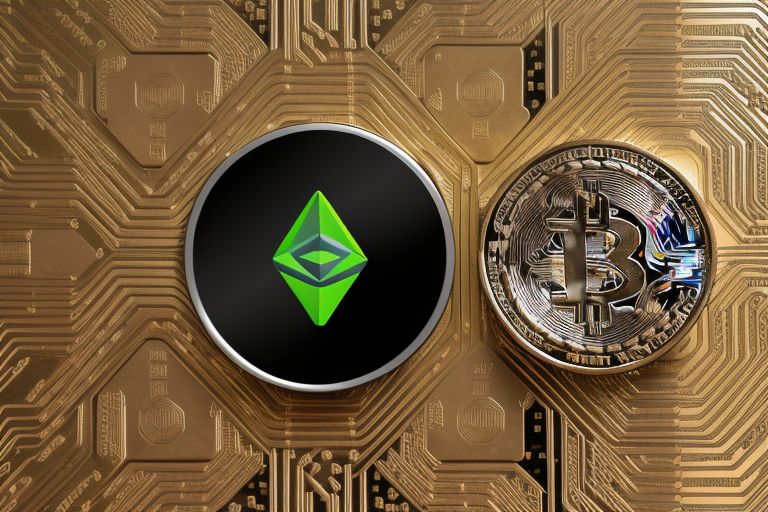In 2024, the cryptocurrency landscape continues to evolve rapidly, with several trends shaping the market. Let’s delve into the key developments in Non-Fungible Tokens (NFTs), Decentralized Finance (DeFi), and other emerging sectors.
Non-Fungible Tokens (NFTs)
NFTs have transcended their initial popularity in digital art, expanding into a wide range of applications:
- Utility NFTs: Beyond art and collectibles, NFTs now offer practical utilities. They serve as access keys to exclusive services, digital ownership in virtual real estate, and participation rights in decentralized autonomous organizations (DAOs).
- Interoperability and Fractional Ownership: There’s a growing trend towards making NFTs interoperable across different platforms, enhancing their liquidity and utility. Moreover, fractional ownership of NFTs is becoming more common, making high-value digital assets accessible to smaller investors.
Decentralized Finance (DeFi)
DeFi continues to disrupt traditional financial services, with several key trends emerging:
- Cross-chain Integrations: To overcome the limitations of individual blockchains, DeFi projects are increasingly embracing cross-chain technologies. This enables seamless asset transfers and smart contract interactions across different networks, enhancing liquidity and user experience.
- Regulatory Compliance: With regulatory scrutiny intensifying, many DeFi platforms are adopting more transparent practices and working towards compliance. This is seen as crucial for long-term sustainability and mainstream adoption.
- Risk Management Innovations: New tools and protocols are being developed to better manage risks associated with DeFi investments, such as smart contract vulnerabilities and market volatility. These include improved insurance mechanisms and more sophisticated risk assessment models.
Beyond NFTs and DeFi
Looking beyond NFTs and DeFi, several emerging sectors are poised to shape the future of cryptocurrency:
- Web3 and Decentralized Identity: The move towards a decentralized web, or Web3, emphasizes user sovereignty and data privacy. Decentralized identity solutions are central to this, allowing individuals to control their personal information and digital footprints.
- Sustainable Cryptocurrency Practices: Environmental concerns are driving innovation in sustainable cryptocurrency practices. Proof-of-stake (PoS) consensus mechanisms are becoming more prevalent, significantly reducing energy consumption compared to proof-of-work (PoW) systems. Additionally, projects focusing on carbon offsetting and renewable energy integration are gaining traction.
- AI Integration: Artificial intelligence (AI) is increasingly being integrated into the cryptocurrency ecosystem for a variety of applications, from enhancing blockchain security to creating more sophisticated trading algorithms. This trend is expected to continue as both fields evolve.
As we move further into 2024, these trends highlight the cryptocurrency industry’s ongoing innovation and its potential to significantly impact not just finance, but various aspects of our digital lives. The dynamic interplay between technological advancement, regulatory frameworks, and market forces will undoubtedly continue to shape the evolution of this space.



